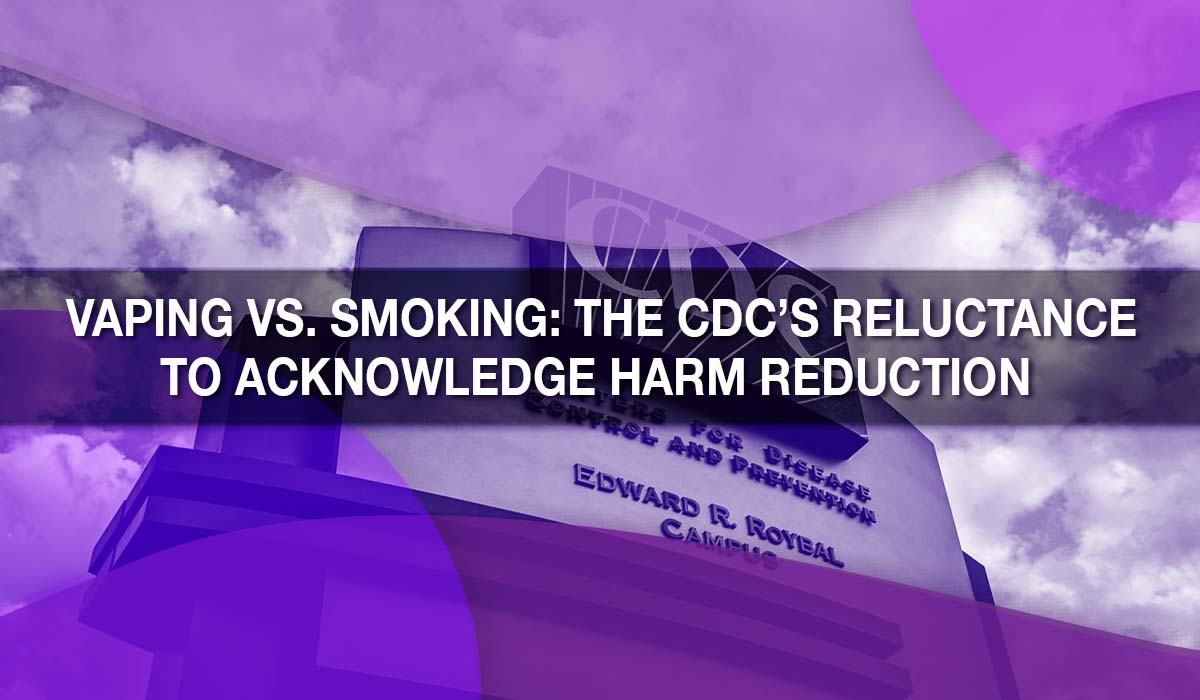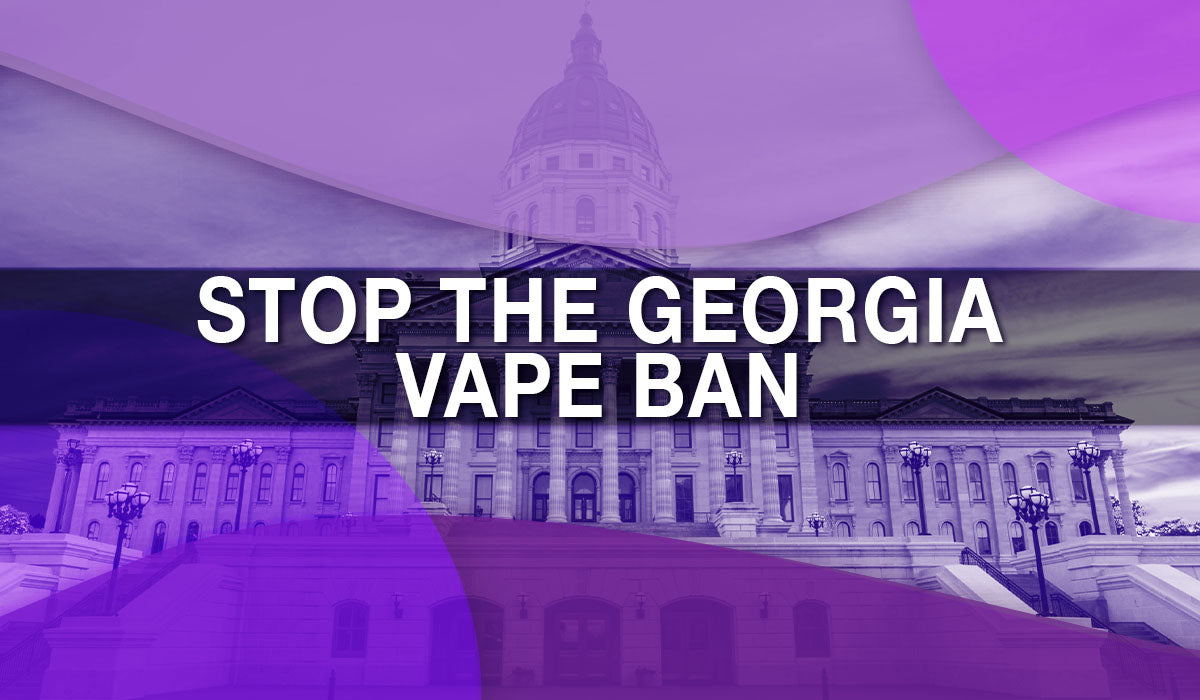
Vaping vs. Smoking: The CDC’s Reluctance to Acknowledge Harm Reduction
A new report from the Centers for Disease Control and Prevention (CDC) confirms what many of us in the vaping industry have long recognized—millions of Americans have transitioned from smoking cigarettes to vaping. However, instead of celebrating this shift as a public health victory, the CDC continues to obscure the reality of harm reduction by conflating all "tobacco use" under one harmful umbrella.
The Data Speaks for Itself
The CDC's Morbidity and Mortality Weekly Report (MMWR) released on March 6 provides a wealth of data on smoking and vaping trends in the United States. The numbers reveal a significant decline in cigarette smoking, with prevalence dropping from 10.8% in 2017 to 7.9% in 2023. That equates to 6.8 million fewer smokers. Simultaneously, exclusive vaping increased from 1.2% to 4.1%, meaning 7.2 million more adults have chosen vaping over cigarettes. The correlation is clear: as vaping has risen, smoking has plummeted.
Despite this, the CDC frames the increase in vaping as an "offset" to the decline in smoking, as if harm reduction isn’t a worthy public health goal. But let's be honest: vaping is not smoking, and equating the two is misleading at best and dangerous at worst.
The CDC’s Flawed Approach to Tobacco Products
The CDC continues to refer to vapes as "tobacco products"—a mischaracterization that fuels public confusion. While combustible tobacco (specifically cigarettes) is responsible for nearly all tobacco-related deaths, non-combusted products, including e-cigarettes and smokeless tobacco, have significantly fewer health risks (Royal College of Physicians, 2024).

By failing to distinguish between deadly cigarette smoking and far less harmful vaping, the CDC sends mixed signals to smokers who might otherwise switch and improve their health.

Vaping Adoption Across Age Groups
The report also highlights that vaping has become the dominant choice among younger adults, particularly those under 25. Among 18- to 24-year-olds, cigarette smoking fell from 6.5% in 2017 to just 1.2% in 2023, while exclusive vaping jumped from 2.7% to 10.0%. In other words, fewer young people than ever are picking up cigarettes—a massive win for public health.
Older age groups are also turning to vaping to quit smoking. Among 25- to 44-year-olds, smoking fell from 12.0% to 7.6%, while vaping surged from 1.5% to 6.1%. Even those aged 45-64, a demographic traditionally less inclined to try vaping, saw smoking decline from 13.2% to 11.2%, while vaping doubled from 0.8% to 2.0%. These trends demonstrate that vaping is increasingly seen as an effective alternative for smokers of all ages.
The CDC’s Misdirection Endangers Smokers
Rather than acknowledging that millions of Americans have successfully transitioned away from smoking, the CDC persists in framing all "tobacco use" as equally harmful. This false equivalence undermines the public's understanding of risk and discourages smokers from making the switch that could save their lives.
The reality is that smoking—not nicotine, not vaping—is the leading cause of preventable death in the United States, studies show legal e-cigarettes are far less harmful than smoking. (Cancer Research UK). Yet, the CDC continues to muddy the waters, leaving nearly 20 million Americans who still smoke without a clear message: switching to vaping is a better choice.

If public health agencies truly cared about reducing smoking-related deaths, they would embrace vaping. Instead, their refusal to separate fact from fearmongering only prolongs the damage caused by smoking.
A Cochrane review has found the strongest evidence yet that e-cigarettes, also known as ‘vapes’, help people to quit smoking better than traditional nicotine replacement therapies, such as patches and chewing gums.

It's time for the CDC to acknowledge what the data makes undeniable — vaping is saving adults who smoke by offering them a significantly less harmful alternative to combustible cigarettes.









Leave a comment
This site is protected by hCaptcha and the hCaptcha Privacy Policy and Terms of Service apply.